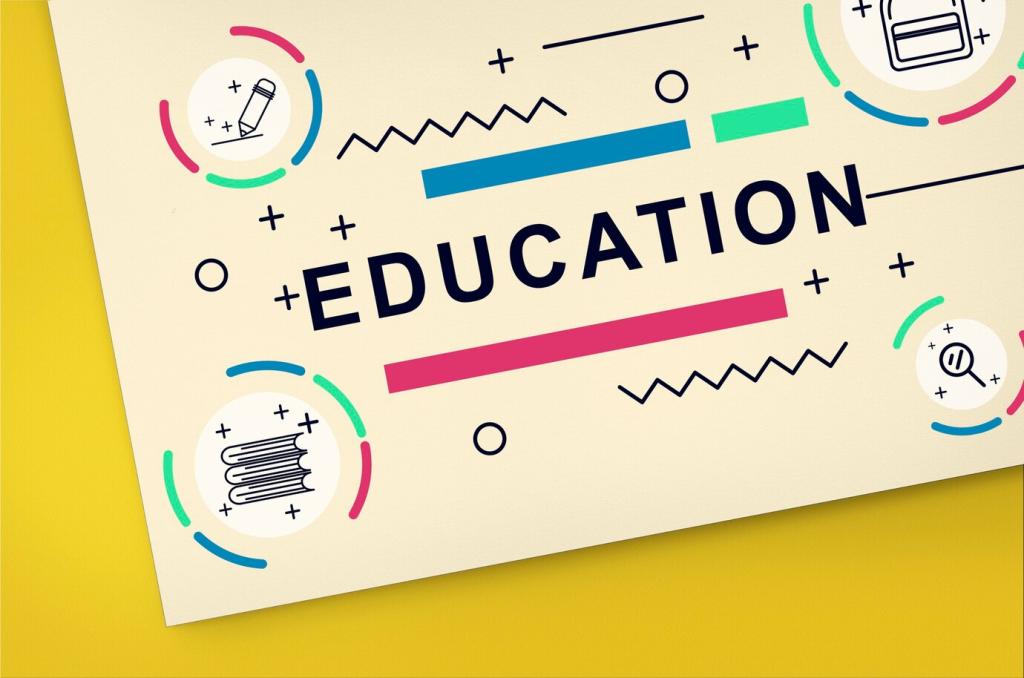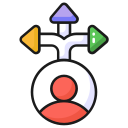DIY Coding Curriculum Resources
Exploring coding on your own can be an empowering journey, filled with valuable resources designed to help you structure your learning path. DIY coding curriculum resources enable learners of all backgrounds to access high-quality content, create personalized study plans, and develop essential programming skills at their own pace. Whether you are a beginner aiming to grasp the basics or an intermediate learner seeking to deepen your knowledge, leveraging the right materials can make a significant difference in your progress. This page highlights key approaches and tools to support your self-guided learning in coding.


Interactive Coding Websites
Interactive coding websites immerse you in the learning process by combining instructional content with real-time code editors and exercises. As you read through lessons, you are encouraged to apply concepts immediately, correcting errors and experimenting within a safe environment. This hands-on approach cements your understanding and accelerates skill acquisition, especially when tackling topics like loops, conditionals, and data structures. With features such as badges, streaks, and peer support, these platforms foster motivation and persistence.
Modular Learning Paths
Many platforms organize their content into modular learning paths tailored to specific skills or career goals, such as web development, data analysis, or mobile app creation. By completing modules sequentially, you build a comprehensive knowledge base, starting from foundational concepts and progressing to advanced topics. This structured approach breaks down complex subjects, ensuring manageable learning segments that you can follow at your own pace. Certifications upon module completion can also bolster your resume.

Practice-Focused Challenges
Practice-focused challenges engage you in problem-solving through coding tasks that range in difficulty from beginner to expert. These exercises simulate real-world scenarios, requiring you to write efficient, bug-free code to meet specified criteria. By participating in daily or weekly challenges, you develop logical thinking, algorithmic skills, and familiarity with different programming paradigms. Regular participation not only hones technical abilities but also instills confidence and readiness for actual development projects.
Open Educational Resources
University Lecture Series
Top universities often publish full lecture series in computer science and programming, granting you access to the same curriculum experienced by on-campus students. These highly regarded resources deliver comprehensive explanations, demonstrations, and example problems. Accompanying lecture notes and recommended readings deepen your understanding, providing both theoretical context and actionable insights. By studying these lectures, you align your learning with academic standards and modern industry practices.
Free Digital Textbooks
Free digital textbooks condense core programming concepts, syntax, and best practices into structured, accessible volumes. Authored by experienced educators, these textbooks often include practical exercises, worked examples, and review sections, making them valuable references throughout your studies. They support a range of learning styles, enabling you to search topics directly or systematically build knowledge from the ground up. Regularly updated versions ensure that content remains current with technological advances.
Video Tutorials and Workshops
Video tutorials and online workshops bring coding to life by visually guiding you through every step of development projects. These resources appeal to visual learners, providing step-by-step walkthroughs for installing tools, writing code, and troubleshooting common errors. By following along in real time, you witness practical applications of abstract concepts, gain exposure to coding environments, and develop problem-solving skills. Live or recorded workshops often include interactive Q&A sessions for enhanced learning and clarification.
Building Personalized Learning Plans
Identifying Learning Objectives
Defining clear learning objectives serves as a roadmap for your coding journey. Understanding whether you want to master a particular language, develop a specific application, or pass an industry-recognized certification helps focus your efforts. Identifying these aims enables you to choose appropriate resources and measure your achievements meaningfully. Regularly revisiting your objectives ensures you remain on track and can adjust your strategies as your interests and confidence grow.


Scheduling Study Sessions
Consistency is key to mastering coding, and creating a realistic study schedule fosters discipline and retention. Allocating dedicated time blocks throughout the week helps you gradually build proficiency without feeling overwhelmed. By scheduling regular coding sessions and reviewing progress periodically, you can cement concepts, prevent burnout, and maintain steady momentum. Flexible study plans also accommodate unexpected responsibilities, ensuring that you continue advancing even with a busy lifestyle.
